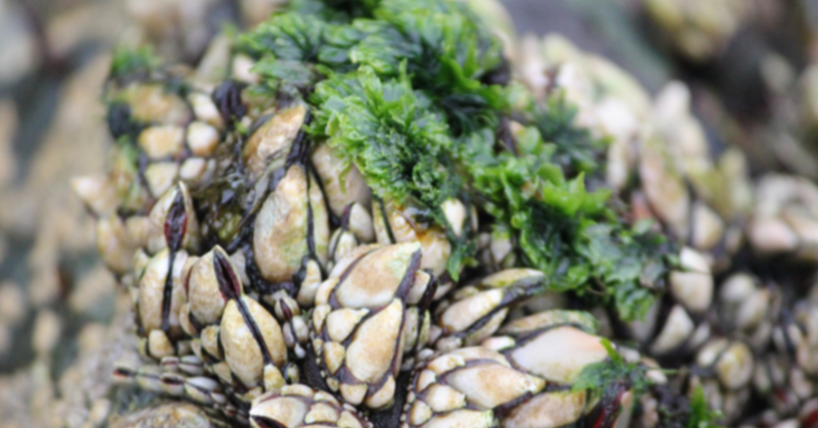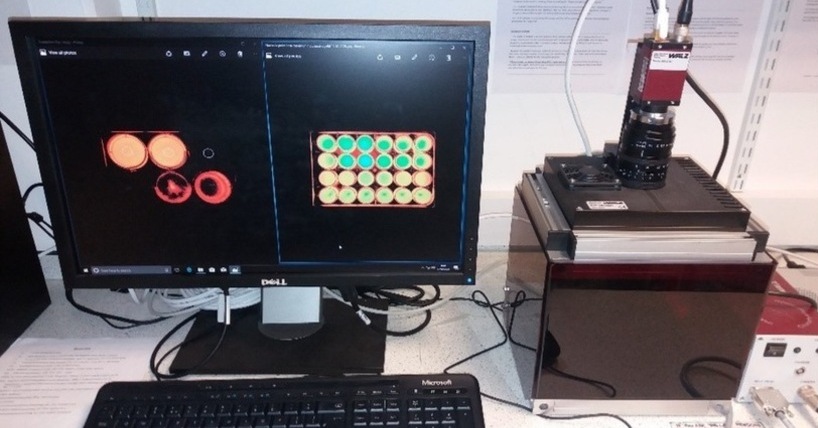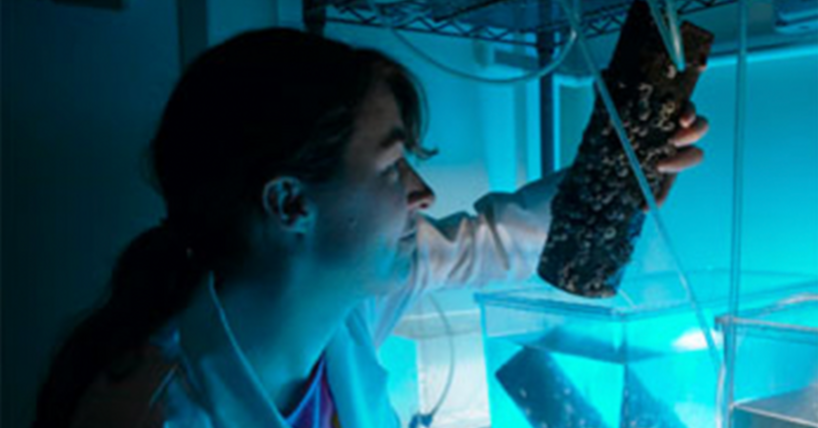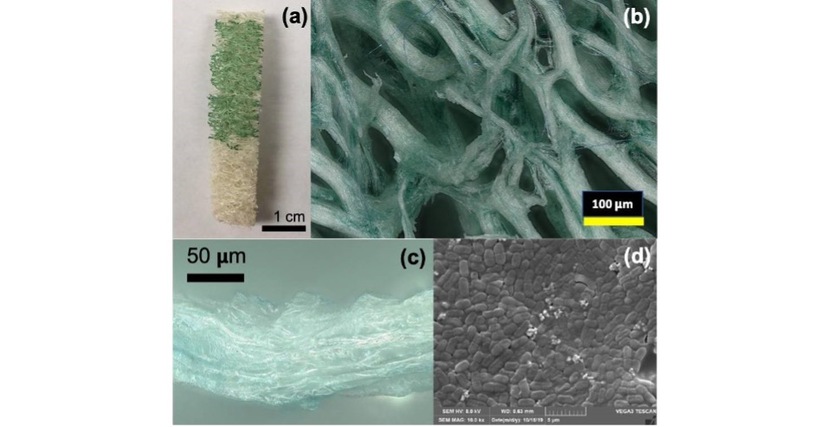Marine Biotechnology
Our research contributes to the development of tools and resources for engineering biology and translating discoveries into products. Fundamental approaches to marine biotechnology underpin these applications.
Algae biotechnology and bioprocessing
We have expertise in developing micro- and macroalgae as sources of marine biofuels and bioactive products. Much of our research is focused on industrial applications, for example, we contributed the underpinning intellectual property behind the sustainable biomanufacturing of the natural pigment phycocyanin in the UK. We are pioneering the direct capture of CO2 from the air using immobilised algae (biocomposites) and the remediation of domestic and industrial wastewater.
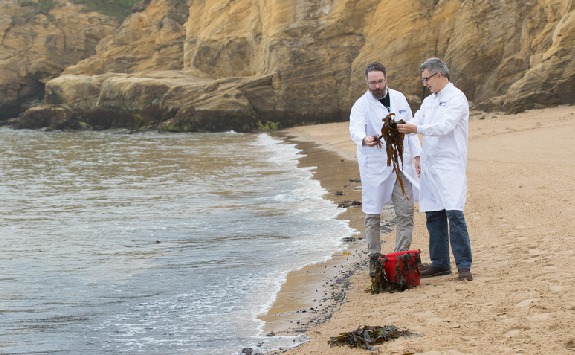
Marine biofouling
Newcastle’s long history of studying naval architecture has contributed to a variety of maritime transport, safety, and logistics developments. We conduct significant research on marine biofouling. The accumulation of biological matter, such as barnacles and algae, on submerged surfaces such as ships’ hulls and offshore energy structures exacts steep costs on maritime activities and is a primary vector for invasive species translocation.
We investigate solutions to the problems of biofouling by developing environmentally friendly coating solutions to reduce organism adhesion. We are among the world’s leading marine biofouling laboratories and investigate the underpinning processes at all scales, from chemical adsorption and biological adhesives to the pre-settlement behaviour of biofouling species.
.jpg)
Marine biotechnology
We investigate novel bioactive compounds found in marine bacteria and biotechnological applications of marine molecules and enzymes. For example, Newcastle researchers discovered an enzyme made by bacteria on seaweed which is now used in laundry detergents as a natural cleaner, to wash clothes at lower temperatures.

